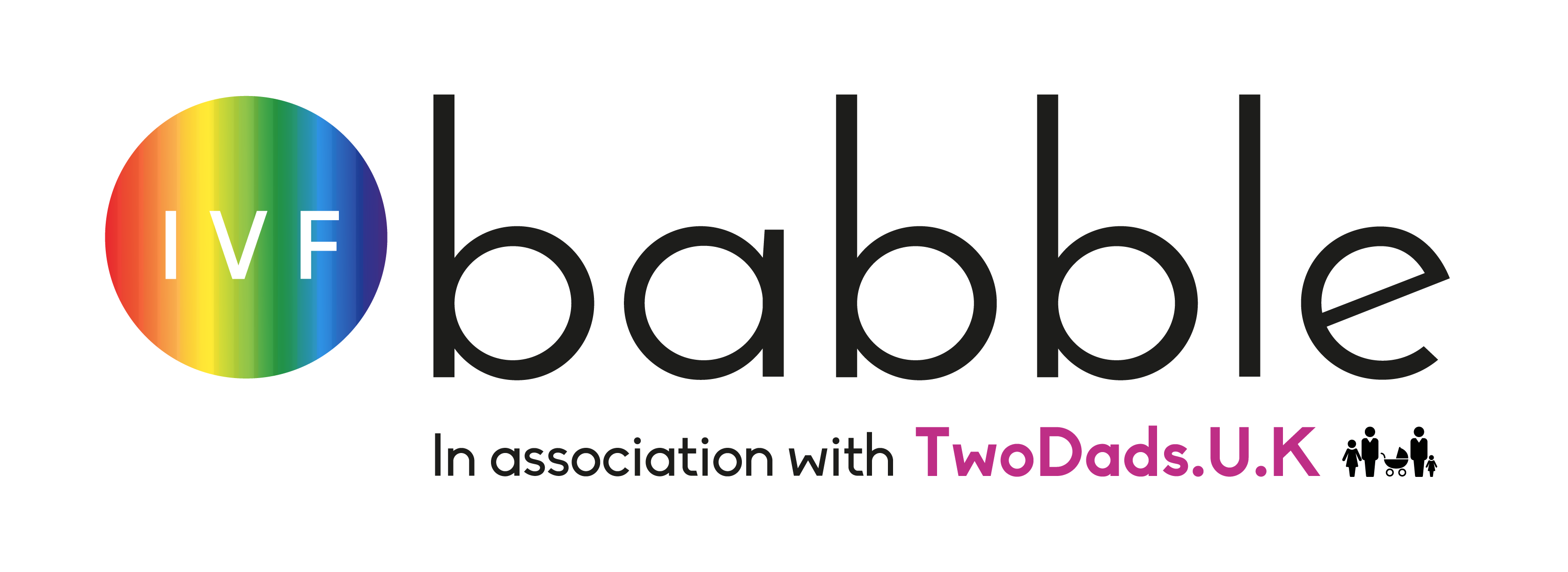Having a child is no longer exclusively for heterosexual couples. Everyone has a right to a baby, and thanks to the incredible advances in IVF, more and more people are realising that dream.
Laws are having to adapt to rapid scientific and social changes and some countries are moving faster than others.
This makes the paths to parenthood complex, so before you start IVF treatment, know your law. It’s so important that you are fully aware of the legal implications that may apply to you. Your circumstances and the choices that you make will determine who, in the eyes of the law, are the legal parents.
Giving consent
As with any medical procedure, all patients must provide informed consent for IVF to go ahead (you will be given these forms to sign by your clinic). This is when you have the opportunity to raise and address any concerns or conditions about the parenthood of your potential child.
Different consents are required depending on whether the couple is married/in a civil partnership, or if the couple is not. How the rules affect you and your partner will depend on your circumstances.
These medical consent forms deal with many issues: Your medical treatment such as procedures, benefits, risks and alternatives
- Your consent for the use and storage of sperm, eggs and/or any embryos produced from them
- Consent to your sperm, eggs or embryos being used for your own treatment, for the treatment of others, for research, or training purposes
- Storage for the freezing of sperm, eggs or embryos for future use.
If your clinic’s consent forms do not meet the exact requirements of the law for your particular situation, then they will not have the desired impact on the legal establishment of parental rights.
It would be unwise to assume your clinic has all the necessary legal knowledge to help you properly complete the forms. Circumstances and choices are different for every individual and couple. There have been court cases because IVF clinics did not ensure that couples signed consent forms accepting legal responsibility their child.
Create your own legal preconception agreement
Know your rights and understand your legal position and how best to protect it. Make sure you get preconception agreements in place to avoid any future complications and possible heartache. Arrangements need to set clear expectations and answers:Who will be financially responsible
- Whose names will go on the birth certificate
- Who has parental responsibility
- If there is a problem, how the family court will deal with it
There are many fertility law firms that can advise clients on who may be affected by the law of parenthood.
If you are based in the UK, Natalie Gamble Associates is a good place to start. Natalie was the first solicitor to pioneer fertility law in the UK and she has campaigned for – and won – changes to UK laws on surrogacy. Her law firm, Natalie Gamble Associates, www.nataliegambleassociates.co.uk has a reputation for fighting groundbreaking cases.
Natalie says: “Heterosexual couples are well covered so it’s mainly gay dads, lesbian couples, single parents, donor conception, surrogacy, relationship breakdown… where, with same-sex couples there may be issues with stored embryos.”
You can search for solicitors in the UK who specialise in family law here.
If you are not based in the UK, it is equally important to source a reputable surrogacy lawyer to review your case and ensure agreements are completed prior to going ahead with any IVF/surrogacy.
Donor and co-parenting agreements
Pride Angel has long worked with Natalie Gamble Associates. They are now the only connection site in the UK to offer a donor and co-parenting agreement template (also called a preconception agreement) to help you formalise your arrangement once you have made a match.








